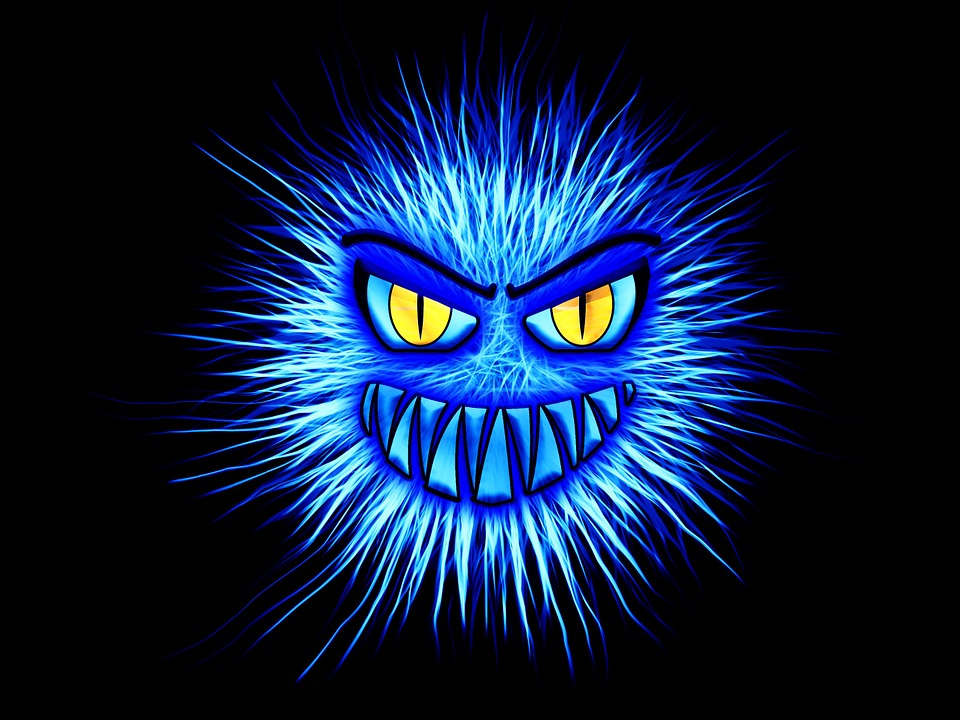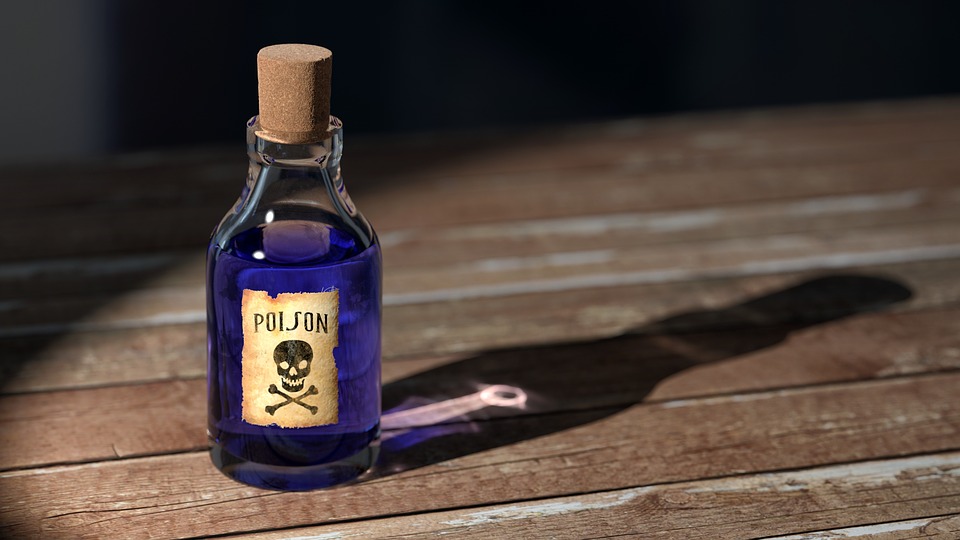There are many pest control products designed to help you keep insects out of your home and garden, but are they really safe for you, your family, and your pets? As you might suspect, some products are safer than others. Knowing the difference could help you keep your home pest-free and in good order while also protecting the health of your family. 
Proper Use
First, understand that if you want to use a pest control product safely, you have to follow the instructions on the label. Many pest control products are inherently dangerous if used improperly; for example, if you directly consume insecticide, it could be toxic, resulting in severe neurological damage or even death. However, if you spray small amounts of insecticide in a well-ventilated environment, the indirect exposure you have to the product will likely be minimal. Whenever you use a pest control product, be sure to read the label fully and use the label as it was intended to be used.
Active Ingredients
Different pest control products have different active ingredients. Some of these ingredients have destructive effects on virtually all organisms that come in contact with them. Others are more innocuous.
For example:
- Pyrethoids. One of the most common ingredients in household insecticide products are pyrethoids. Pyrethoids are a class of chemical compound designed to interfere with the nervous system of insects; this makes them highly effective at killing most types of insects, almost instantaneously. However, there appears to be a wide range of effects that pyrethoids can have on other animals. For example, exposure to pyrethoids in mice and rats can result in convulsions and neurological damage. If a human being is exposed to pyrethoids, they may experience dizziness. The effects of chronic exposure to these compounds aren’t fully understood, but it seems like these chemicals could be more harmful than we originally believed.
- DEET. In insect repellants, one of the most frequently used active ingredients is DEET, another chemical compound designed to ward off mosquitos, ticks, and other pests rather than killing them outright. Repellants are commonly used topically on human skin, and are commonly approved by the FDA, the EPA, or both. Some people do have adverse reactions to DEET, such as children who have seizures and other forms of encephalopathy when exposed to DEET. Use of DEET may also be linked to pregnancy complications.
- Oils and natural ingredients. Some forms of pest control are designed to be safer for pets, humans, and the environment overall. Many times, these products rely on natural ingredients, like cinnamon oil, rosemary oil, or thyme oil to get the job done. These ingredients are frequently consumed by human beings with no health complications to speak of, and are generally regarded as safe. Accordingly, you can use these products with little to no fear of health complications for you or the other people and animals in your family.
Agricultural Products

So far, we’ve looked at active ingredients in household pest control products. When it comes to large-scale agricultural pesticides, everything gets more complex. Certain agricultural pesticides have little to no effect on the crops they produce, meaning if you eat a piece of fruit from a grocery store that was originally treated with pesticides then cleaned, you should face no ill effects. However, if human beings are directly exposed to these chemicals, they may develop skin problems, nerve damage, depression, and other health issues.
There’s also some concern that some pesticides may have long-term effects on the environment. They may get deep into the soil, affecting plant and animal life for years, if not decades to come, and in some cases, may even end up in a water supply. The biggest risks, both directly and indirectly, are in developing countries, where farmers aren’t aware of the risks of commercial pesticides and where regulations are more lax.
The use of agricultural pesticides remains a controversial issue, especially in the United States. Some people prefer to consume crops that were grown without the use of pesticides at all, just to be on the safe side, even when the pesticides currently being used are shown to have no significant lasting effect on the food products grown alongside them.
The Bottom Line
So what’s the bottom line here? Some pest control products can and do have a negative effect on your health (and the health of your pets). Most of the time, if you use products in moderation and as directed, you should be fine, but it’s always worth doing a bit of extra research and reading the ingredients labels of the products you buy. The more awareness you have as a consumer, the more educated your choices will be—and the healthier you’re likely to remain.










